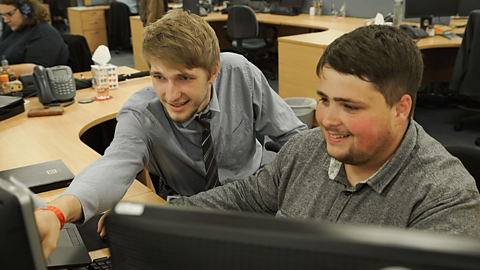Whatтs your job?
Iтm a scientist - an atmospheric physicist and a senior teaching fellow at Imperial College London. In my spare time I am also a DJ (DJ Kemist).
How did you get started in this role?
Whilst working on a project to detect very small amounts of harmful chemicals in the air, I did a degree in chemistry followed by a PhD.
I now split my time between teaching physics, DJing and remixing music, and developing air pollution monitoring instruments for the company that I co-founded.

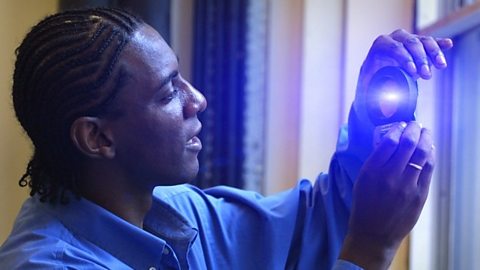
What inspires you?
I was born in Nottingham in the 1970s to parents who had emigrated from Jamaica, as part of the Windrush generation.
My mother was a great advocate for education. She used to say that education is your passport out of poverty. When I started to do well in chemistry tests at school, the тboffinsт who always did well were very unhappy, but this showed me I was someone who could do well and so I kept trying.
Qualifications
PhD in Physics at The Imperial College London, BSc (Hons) degree in Chemistry at the University of Manchester.
Before this I did A-levels in Maths, Chemistry, and Economics.
Best thing about your job
I love knowing that the work I do is both rewarding and also has the potential to improve the quality of lives for many people across the globe.
Future plans
I plan to bring the joy of studying science to more people throughout the world, especially those who have little opportunity to do so. I also want to continue to DJ and produce music.
Top tips
- Aptitude + Attitude = Altitude
- Stay versatile in an ever-changing world
- Know yourself. Be yourself. As they say 'itтs always better to be a first-rate you than a second-rate somebody else.'

What to expect if you want to be a physicist
- Physicist average salary: ТЃ15,609 to ТЃ50,000 per year
- Physicist typical working hours: 35 to 40 hours per week
What qualifications do you need to be a physicist?
You could get into this role via a university course, an apprenticeship or a graduate training scheme.
Sources: LMI for All, National Careers Service
This information is a guide and is constantly changing. Please check the for the latest information and all the qualifications needed.
For careers advice in all parts of the UK visit: , , and .

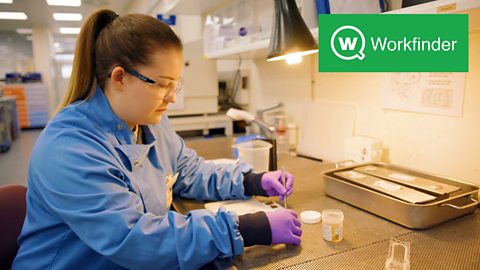
Find work experience placements with Workfinder.
Tips and advice
Help with interviews, writing a CV and all things work experience related.


Saiful Islam: professor of Materials Chemistry
Saiful's a professor of MaterialsCchemistry and uses computer modelling to understand green energy.
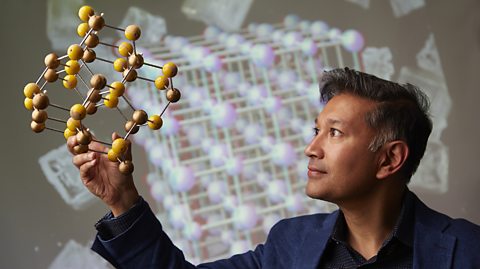
Jade: engineer
Jade does basic engineering during placements as an apprentice.
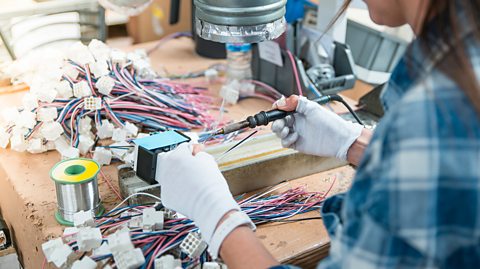
Jack: app developer
Jack uses code in his job as an app developer.
